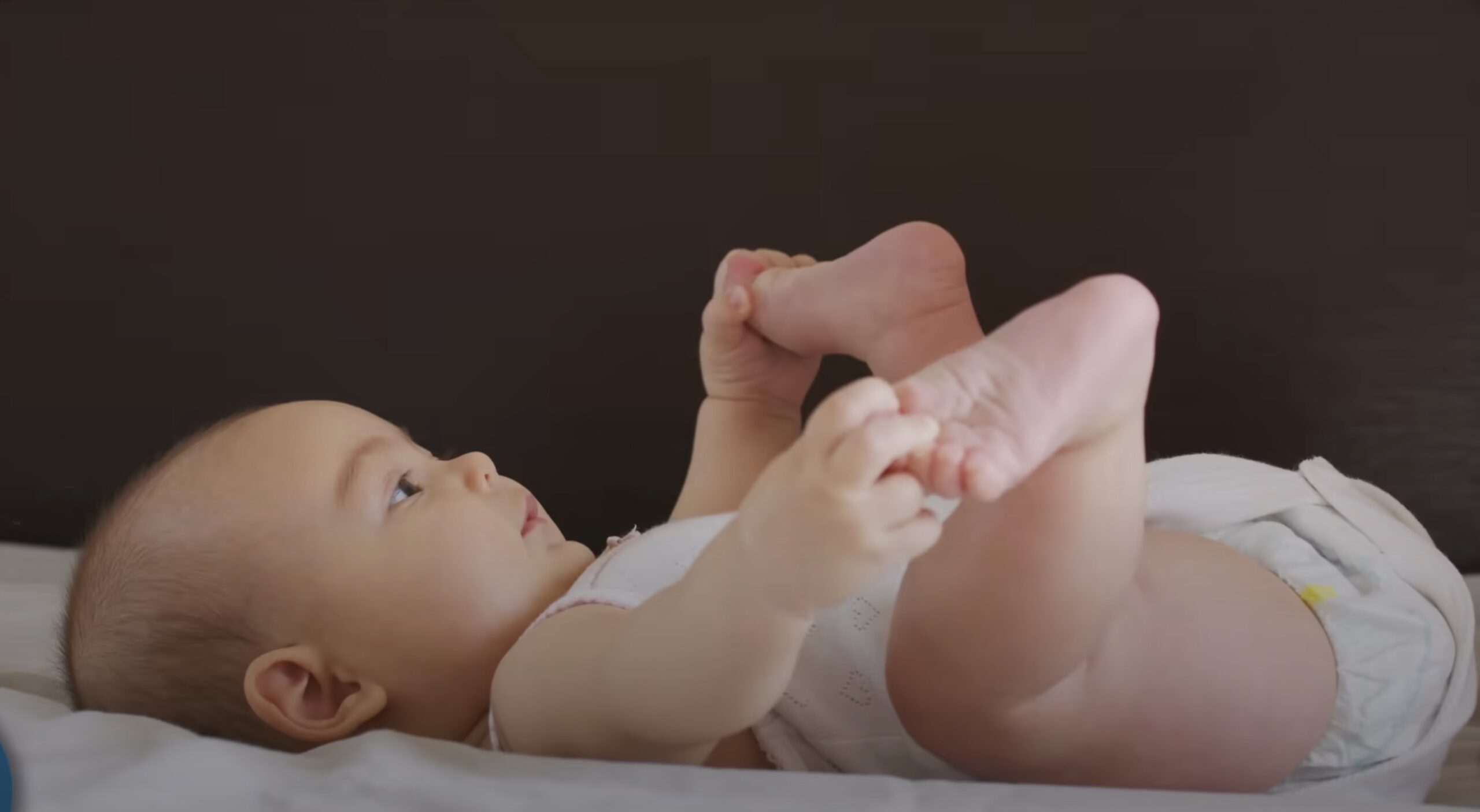Have you ever noticed how drawn your baby seems to bouncy chairs, swings, and car seats? While these containers can be lifesavers for busy parents, overuse can hinder your little one’s development. Experts are urging parents to ditch the “container hopping” and embrace the wonders of floor time. But what exactly is floor time, and why is it so crucial?
Floor time simply refers to supervised tummy time and independent play on a safe, flat surface. It might seem mundane, but this unstructured play provides a wealth of benefits for your baby’s physical, cognitive, and social development. Let’s delve deeper and explore why floor time should be a cornerstone of your baby’s daily routine.
A Playground for Growth: Building Strong Muscles and Coordination
Imagine a world where exploration is encouraged and movement is celebrated. That’s the magic of floor time! When placed on their tummies, babies instinctively push up with their arms and legs, strengthening their neck, back, and shoulder muscles. This newfound strength allows them to reach for toys, roll over, and eventually crawl. These seemingly simple movements are building blocks for future physical milestones like walking and climbing.
But floor time isn’t just about upper body strength. As your baby explores, they experiment with kicking, reaching, and rolling, developing gross motor skills that will serve them well throughout their lives. Floor time also provides opportunities to refine fine motor skills. Picking up objects, transferring them from hand to hand, and manipulating toys all contribute to dexterity and hand-eye coordination, skills essential for future activities like writing and dressing.
A World of Discovery: Unleashing Curiosity and Problem-Solving Skills
Floor time isn’ just about physical development; it’s a sensory feast! A playmat becomes a vast landscape, a blanket a cozy cave, and a simple rattle a captivating object. Surrounded by open space and a variety of textures, your baby’s curiosity is ignited. They explore, experiment, and discover cause and effect. Does the ball roll away when I push it? Can I make this toy squeak? These seemingly simple questions fuel a thirst for knowledge and a desire to understand the world around them.
As your baby experiments, they encounter challenges. A toy might be out of reach, or a block might not fit perfectly into a container. But don’t rush in to solve the problem! Floor time allows your baby to develop problem-solving skills. They might try a different approach, reach from a different angle, or persist until they achieve their goal. This perseverance and independent exploration are crucial for future cognitive development.
Building Social Skills: The Foundation for Communication and Connection
While floor time is often seen as solitary play, it actually lays the groundwork for future social interaction. When you place your baby on a playmat within your field of vision, you’re creating opportunities for interaction. Talk to them about what they see, sing songs, and narrate their movements. This back-and-forth communication fosters a sense of connection and lays the foundation for future social skills.
Furthermore, floor time provides a natural opportunity for social interaction with siblings or other caregivers. As your baby plays, they might observe others, reach out for toys, or vocalize greetings. These early interactions pave the way for future collaborative play and build a strong sense of social awareness.
Making Floor Time Fun and Engaging: Setting the Stage for Exploration
Creating a stimulating environment is key to maximizing the benefits of floor time. Invest in a comfortable playmat with a variety of textures and colors. Offer age-appropriate toys that encourage exploration – rattles, soft blocks, crinkly books, and teething toys are all great options. Rotate toys regularly to keep your baby engaged, and remember, the simplest objects – a cardboard box or a crinkly piece of paper – can spark immense curiosity.
Most importantly, get down on the floor and play with your baby! This interaction not only strengthens your bond but also demonstrates the joy of exploration. Floor time shouldn’t be seen as a chore; it’s an opportunity to connect with your little one and witness their amazing development unfold.
The Final Takeaway: Ditch the Container, Embrace the Floor
While containers have their place, ditching the “container hopping” and prioritizing floor time is crucial for your baby’s development. This unstructured play provides a platform for building strong muscles, developing problem-solving skills, and fostering social awareness. Remember, floor time is more than just tummy time; it’s a sensory adventure that unlocks a world of learning and discovery for your little one. So, spread out a comfy mat, gather some engaging toys, and get ready to witness the magic of floor time!